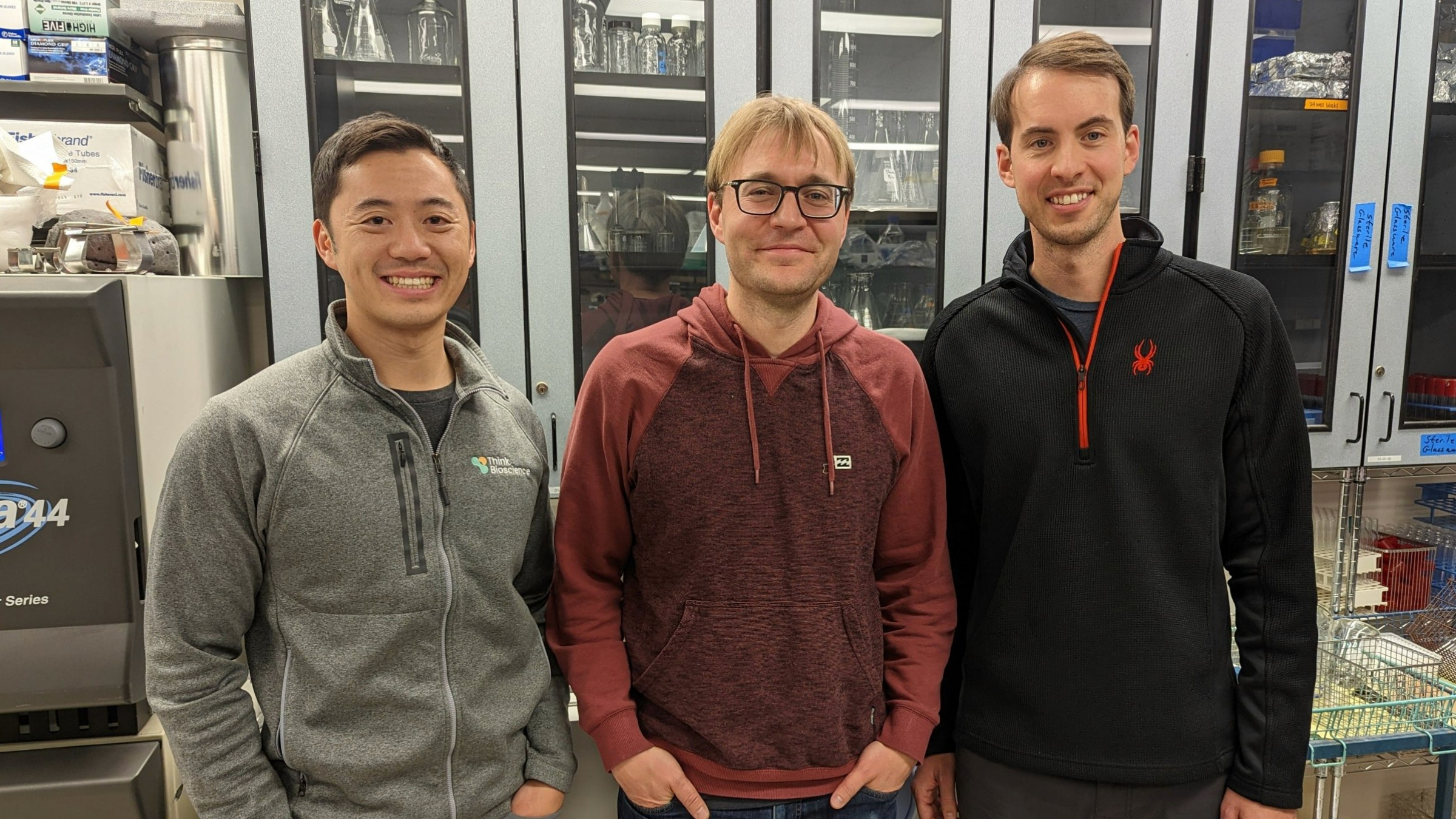These 33 synthetic biology companies just raised $925 million: Read SynBioBeta’s 2018 Q2 funding update
The last quarter saw the biggest funding for synthetic biology for any three-month period in history.The year started on a record-setting pace, with 27 synthetic biology companies raising $650 million in private and public funding in Q1. That was twice the amount raised in the same period last year. Then Q2 came along and beat it in every metric: 33 companies raised $925 million, up by a factor of 4 from last year.The numbers are clear: Investors are hungry for innovative new companies in synthetic biology.RelatedSome of our favorite resources about synthetic biologyIn contrast to broader venture investment trends, a larger fraction synthetic biology investment was made in smaller startups raising their first venture money. Among these were a number of startups looking to change the meat we eat, including Wild Type and Finless Foods. The number of new companies in the space is very encouraging, as it means that there are plenty of new markets where synthetic biology technologies can have an impact.

Other companies are harnessing biological engineering to develop bio-based materials and consumer products: PILI raised $3 million to manufacture dyes and pigments to reduce the environmental impact of the textile industry, and Checkerspot raised $5 million to bring new high performance sustainable materials from microalgae.Later-stage startups in synthetic biology have also had recent success in fundraising. The largest private round of the quarter was raised by Impossible Foods who are also attempting to change the market for meat, proving just how important this problem is. The other large private rounds in the last quarter all went to companies that are developing synthetic biology-based therapies. These companies - Precision BioSciences, Beam Therapeutics, and Synthorx - are all working on different technologies, from CRISPR-based gene editing to proteins with novel amino acids. The influx of new funds, $260 million in total, will allow these companies to begin the clinical trials that will get these innovations into the hands of patients.RelatedThe ‘New Pharma’: Synthetic biology reimagines drug developmentIn addition to investors, governmental groups are also interested in exploring the potential of genetic engineering, awarding several grants to companies for projects of national interest. Ginkgo Bioworks and Transcriptic received nearly $10 million from DARPA for the purposes of integrating artificial intelligence and laboratory automation. On a smaller scale, Pheronym received the Florida-Israel Innovation Partnership Award worth $300,000 for their nematode controlling technology. Dr. Fatma Kaplan of Pheronym will also be speaking at SynBioBeta 2018 on October 1-3, with other speakers including Emily Leproust of Twist Bioscience, John Nicols of Codexis, Christina Agapakis and Jason Kelly of Ginkgo Bioworks, Charles Dimmler of Checkerspot, and Travis Whitfill of Azitra.Finally, it seems that the new bioeconomy is not limited to venture capitalism, with new opportunities for everyday investors. Calyxt and Codexis, who are already publicly traded, issued a combined $90 million of additional shares in order to fund further operations. Autolus also entered the public markets with their IPO, which raised $160 million to fund clinical trials of their programmed T cells. Synthetic biology companies in the public markets have performed quite well lately, suggesting that the field is providing value to consumers today.As the field continues to break records year after year, it will be important for everyone involved to critically examine the technologies and values that synthetic biology is promoting. There is an incredible amount of good that can be done when we harness biology for our own purposes, like feeding a growing planet or cleaning up our environment, but we must make sure we are doing so ethically with a mind for all possible consequences. One aspect that the field needs to work on is expanding where we are delivering value to. Most of the companies that were funded in the past quarter were confined to just two small geographic areas - Northern California and the Northeastern US. However, if we want to build companies that are useful to the whole nation and the whole world, we must also look outside these regions when it comes to the companies we are funding. Innovative work is being done all over, one just has to look.Thank you to Marianna Limas for additional research and reporting in this article.




















